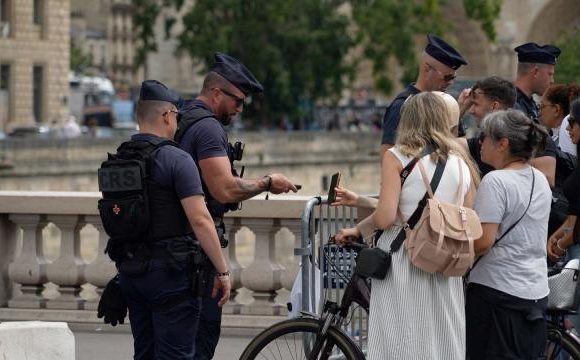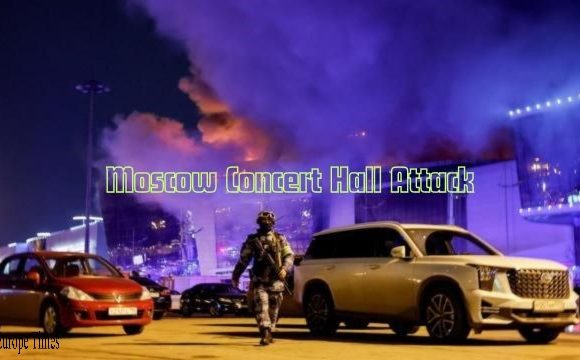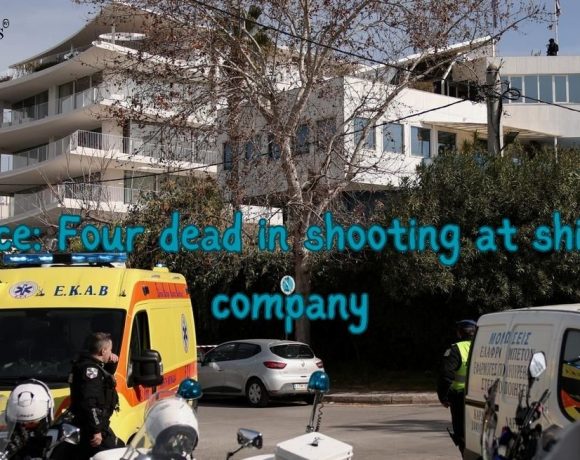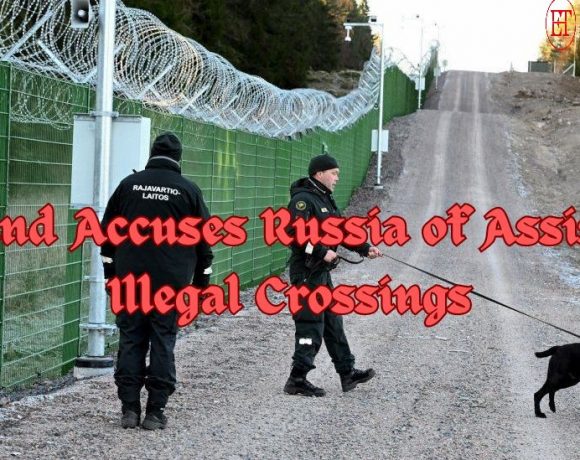
A crowd of disappointed tourists gazed longingly through the metal fences lining the River Seine. Beyond them, Notre Dame Cathedral and other Parisian landmarks were tantalizingly out of reach.
A Mexican woman in the group lamented, “We don’t have a code,” as she watched others with the necessary QR security code pass through a police checkpoint with a reassuring beep. Nearby, a weary couple, burdened with large suitcases, turned around slowly on a crowded sidewalk after being told by a French gendarme that they needed to find another route.
As Paris prepares to debut its unique Olympic opening ceremony—a river-based event featuring athletes paraded on ornate barges through the heart of the city—the country’s security forces are finalizing an unprecedented operation.
President Emmanuel Macron, undeterred by recent political upheavals following his controversial decision to dissolve the French parliament, declared, “We are ready.” This massive security effort is the largest peacetime deployment in French history, involving up to 75,000 police, soldiers, and private guards stationed across Paris at any time.
Roads and metro stations are closed, and around 44,000 barriers have been set up. An intricate QR code system has been established for residents and others seeking access to the Seine and its islands.
Teething problems and frustrations are evident in a city usually bustling with unrestricted tourists. “I’m a bit concerned. It’s never been so quiet. Most of my clients are gone,” said Omar Benabdallah, a 25-year-old waiter observing the vacant tables on the Île de la Cité.
French authorities assure that the disruptions will be short-lived, with many barriers to be removed after the ceremony, promising a spectacular show celebrating Paris’s history and beauty.
Gen Lionel Catar, responsible for coordinating 5,500 French troops, acknowledged the scale of the operation but noted it builds on France’s existing Opération Sentinelle, which was established in response to past terrorist attacks. The security includes demining teams, canine units, anti-drone systems, radars, and divers patrolling the Seine.
Following advice from UK police based on their experience with the 2012 London Olympics, the operational headquarters was moved to the École Militaire near the Eiffel Tower for closer proximity to key figures and resources.
Picture Courtesy: Google/images are subject to copyright



